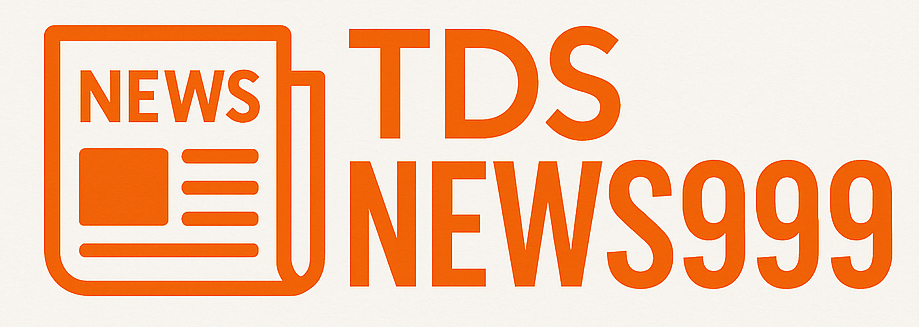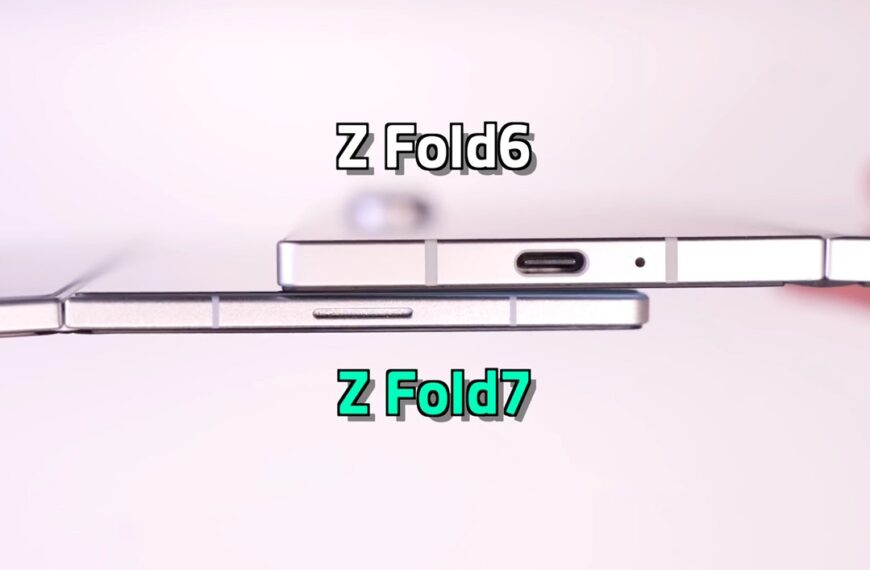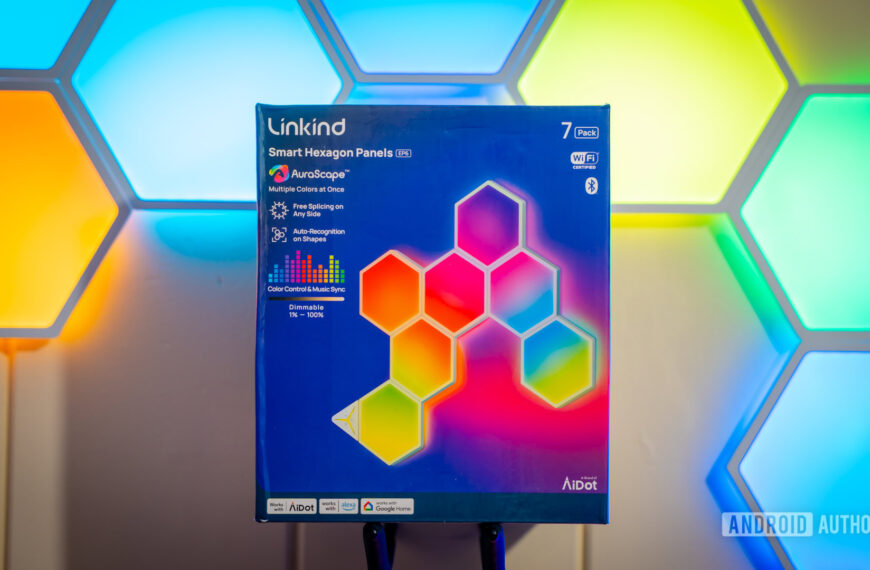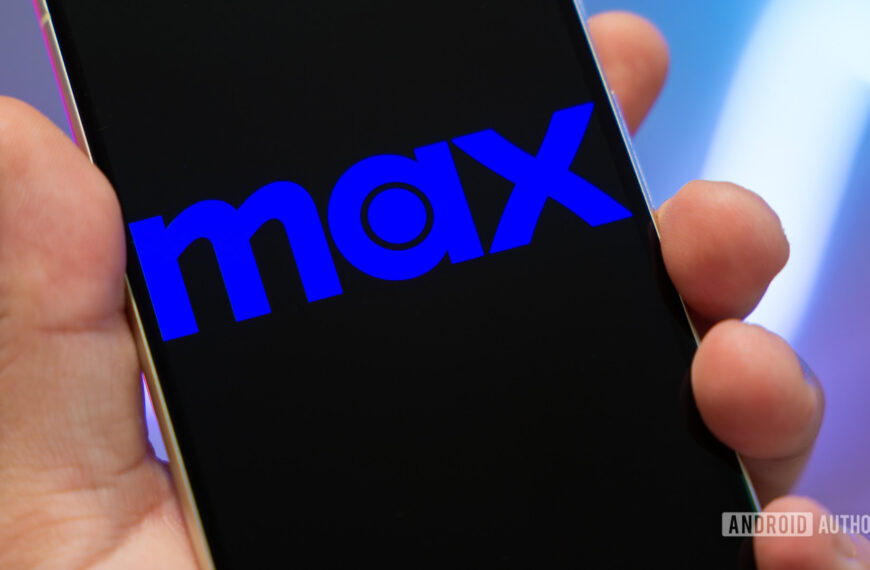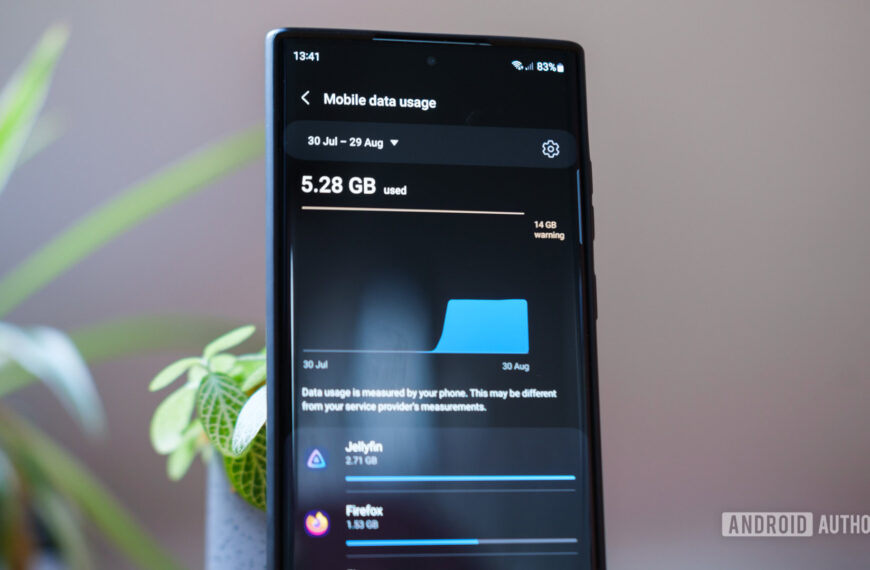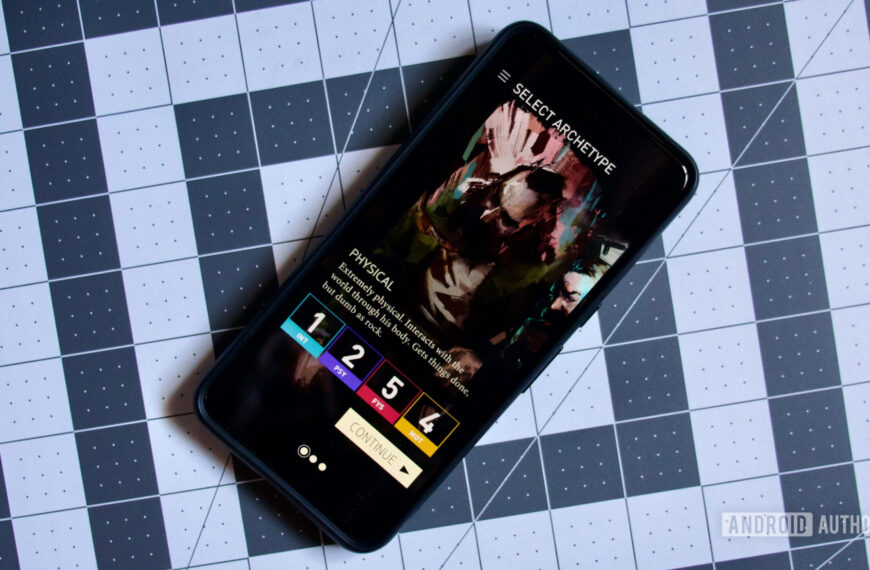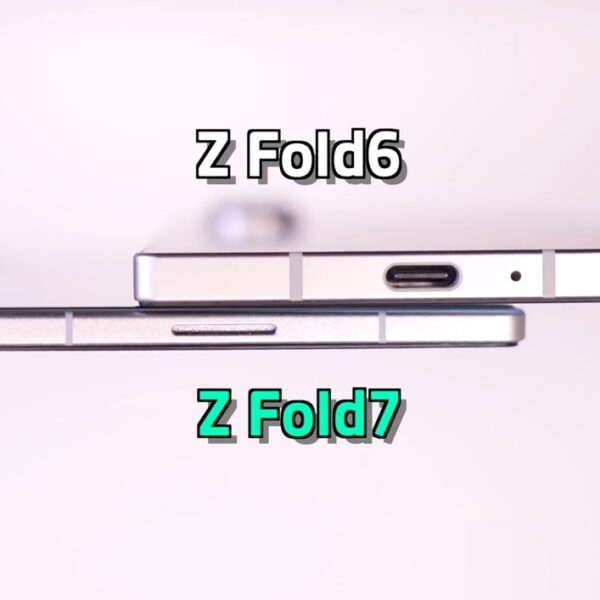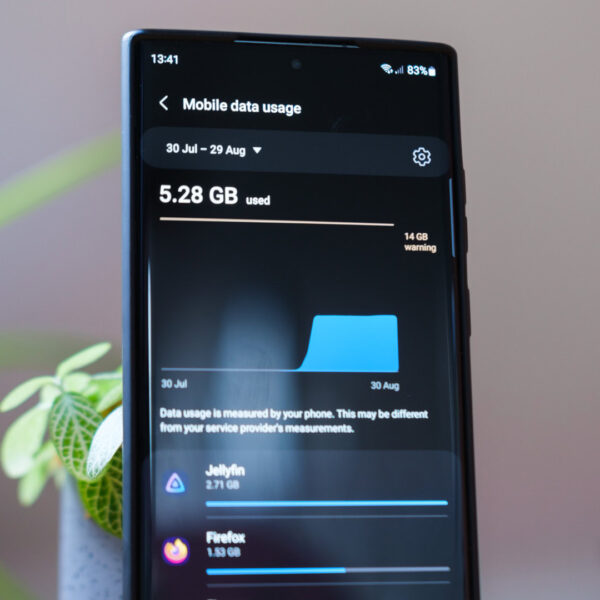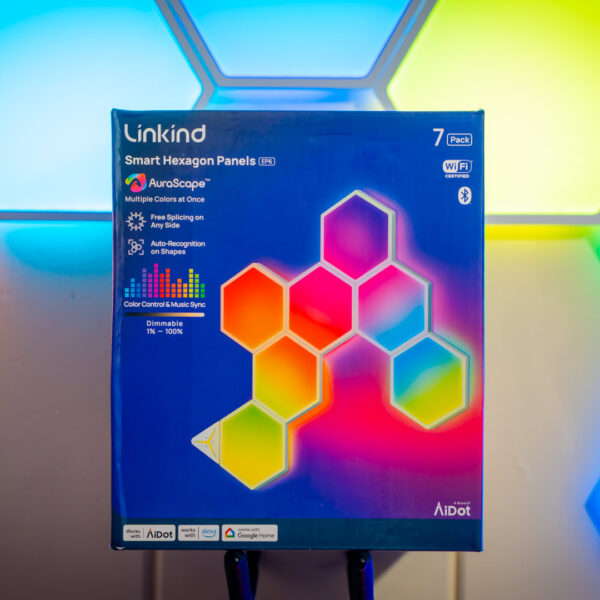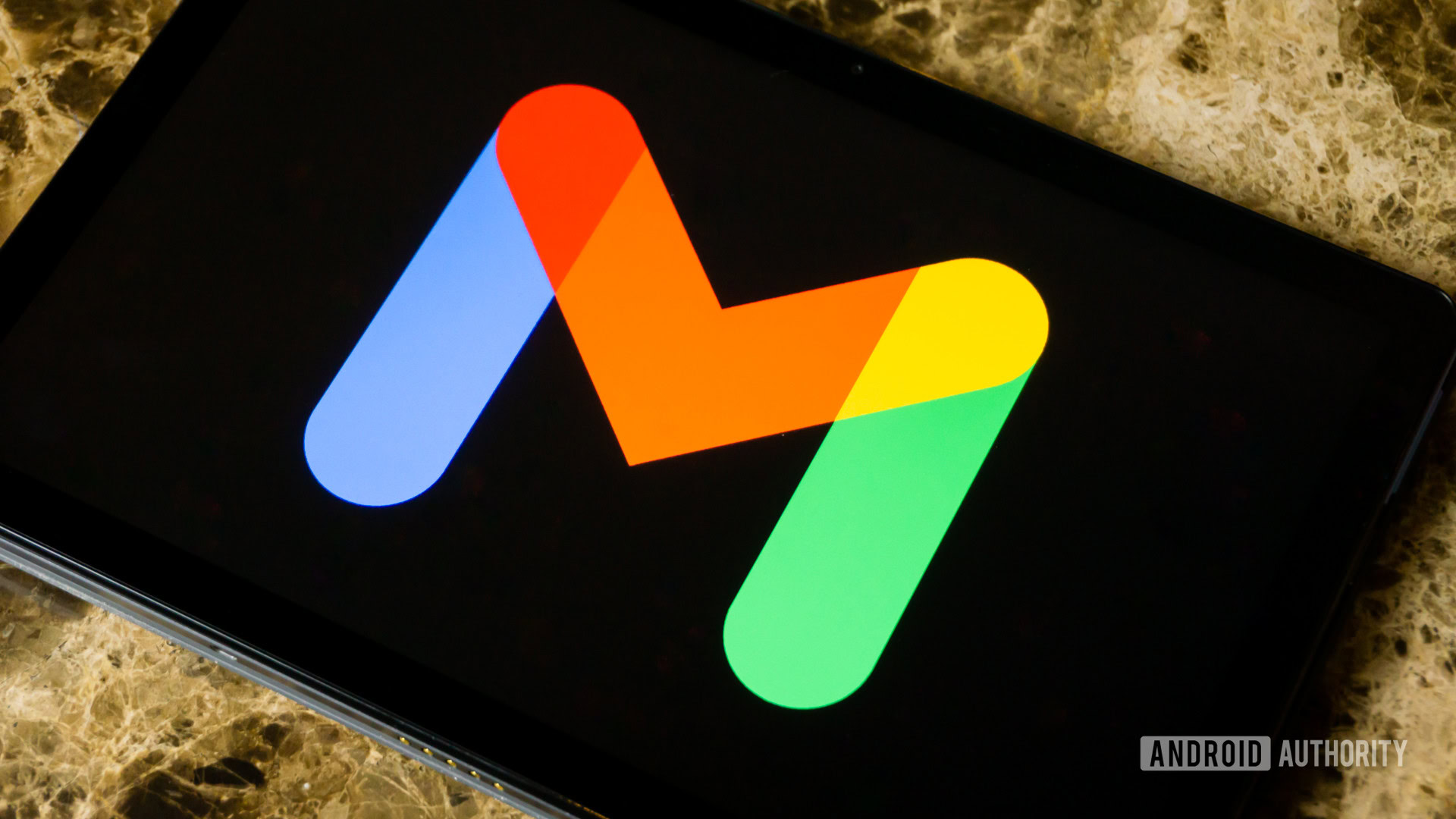
Edgar Cervantes / Android Authority
As much as I love complaining about how AI sticks its tentacles into every aspect of life, I’m still a big fan. It’s like me hating the app formerly known as Twitter while still being happy to doomscroll on it for long periods. However, one aspect of AI that has only irked me from day one is the Gmail suggested responses, which have somehow managed to be worse than useless.
You know the ones I mean, because Gmail is far from the only purveyor of these chirpy canned pleasantries. In Gmail’s case, they sit just below the message, like Clippy reincarnated and saying, “It looks like you’re writing a reply!”
Just like the Microsoft anthropomorphized paperclip we all loved to hate, I’ve never once used the Gmail suggested responses. They’re usually just a few words long, so they’re not saving anyone much time. To my knowledge, I’ve never received one either, which is extremely telling. I strongly suspect that the reason why is what downgrades them from ‘unnecessary’ to ‘making things worse’.
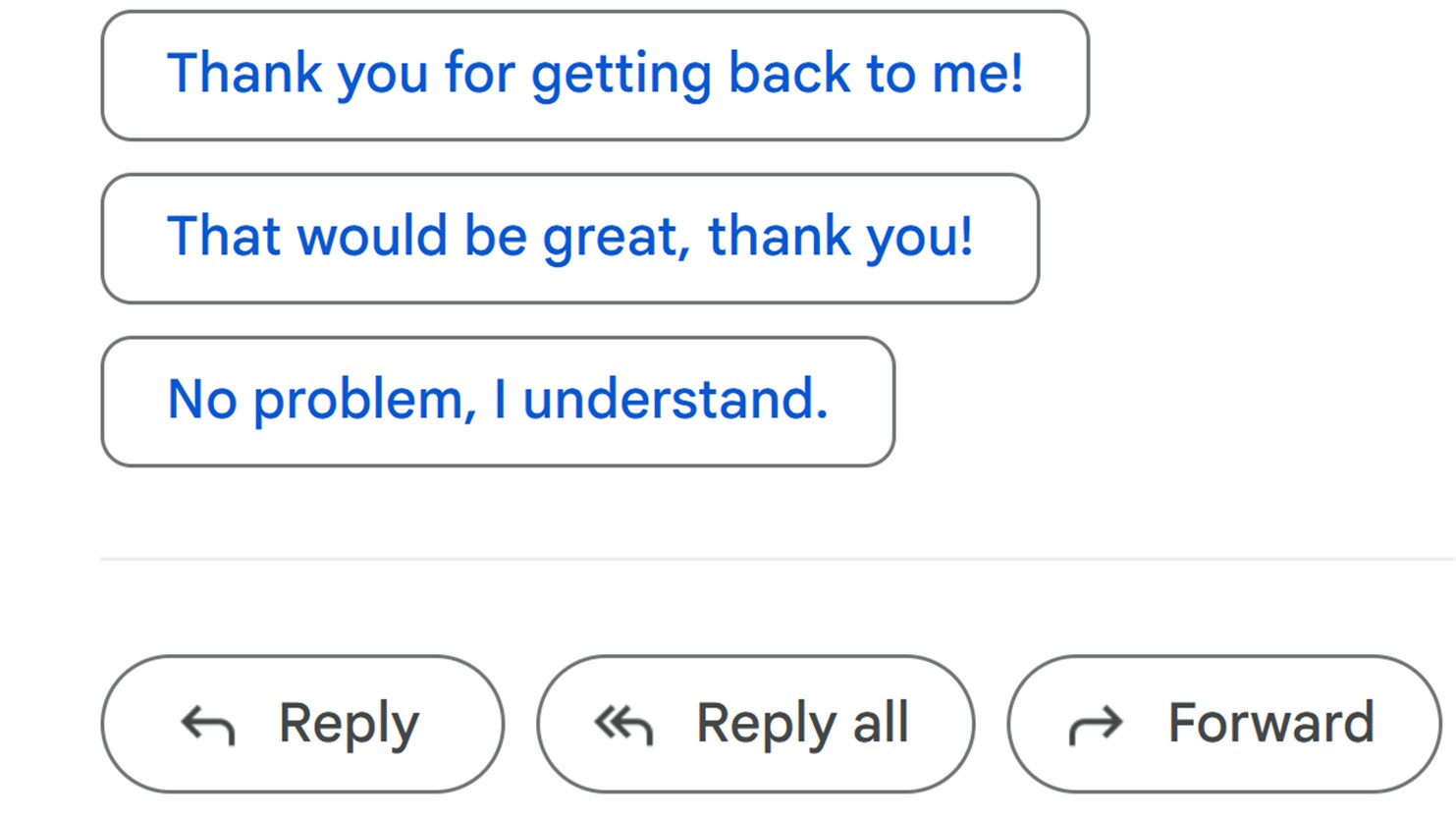
The problem is that a short and polite response previously showed a level of sincerity, however small. In the pre-AI days, if someone emailed me explaining how they completed a work task, I might respond, “That’s great, thank you!” The email might not demand a response at all, but in 15 seconds, I can show that person’s efforts were appreciated enough for me to interrupt my day and type a few words of acknowledgement. In 2025, that response, and every one similar, has been commandeered by AI.
That’s a dilemma, because someone not expecting a response might take my appreciation as implied if I don’t respond. A “That’s great, thank you!” now looks like I considered responding but couldn’t be bothered to tap a few keys, so I just picked an à-la-carte option. To now sound sincere in a response, I either need to write a longer message or deliberately hijack my spelling to prove I’m not the LLM. “That’s grapes, thank you!” sounds written by a human, but one who might need medical assistance.
It’s the same weird vibe shift that happened with the thumbs-up emoji. It initially meant an acknowledgement, like “OK” or “Sounds good.” However, it soon started reading as dismissive or even passive-aggressive, especially if the sender was your boss or your crush. It certainly gave the impression that the chat was over.
Short, neutral replies have become socially radioactive.
Short, neutral replies have become socially radioactive because we can’t tell if there was any thought beyond a single click behind them, and AI has expanded that reach tenfold.
It’s a little unfair of me to single out Gmail. Other message apps like Google Chat, LinkedIn, and Instagram all offer prefab replies now. “Haha, that’s funny.” “Thanks for sharing.” “Love this!” and so on. The language is consistent and polished, but completely soulless. They’re SFW phrases that work just well enough to be inoffensive, and just badly enough to feel inhuman.
You can turn the Gmail suggested responses off, and I have, but that doesn’t undo the damage. The replies still exist in the ecosystem, reshaping what sincerity looks like. At least Clippy had the decency to announce his presence with googly eyes and a wave. Today’s AI just irreparably hijacked the tone and called it a productivity boost.
